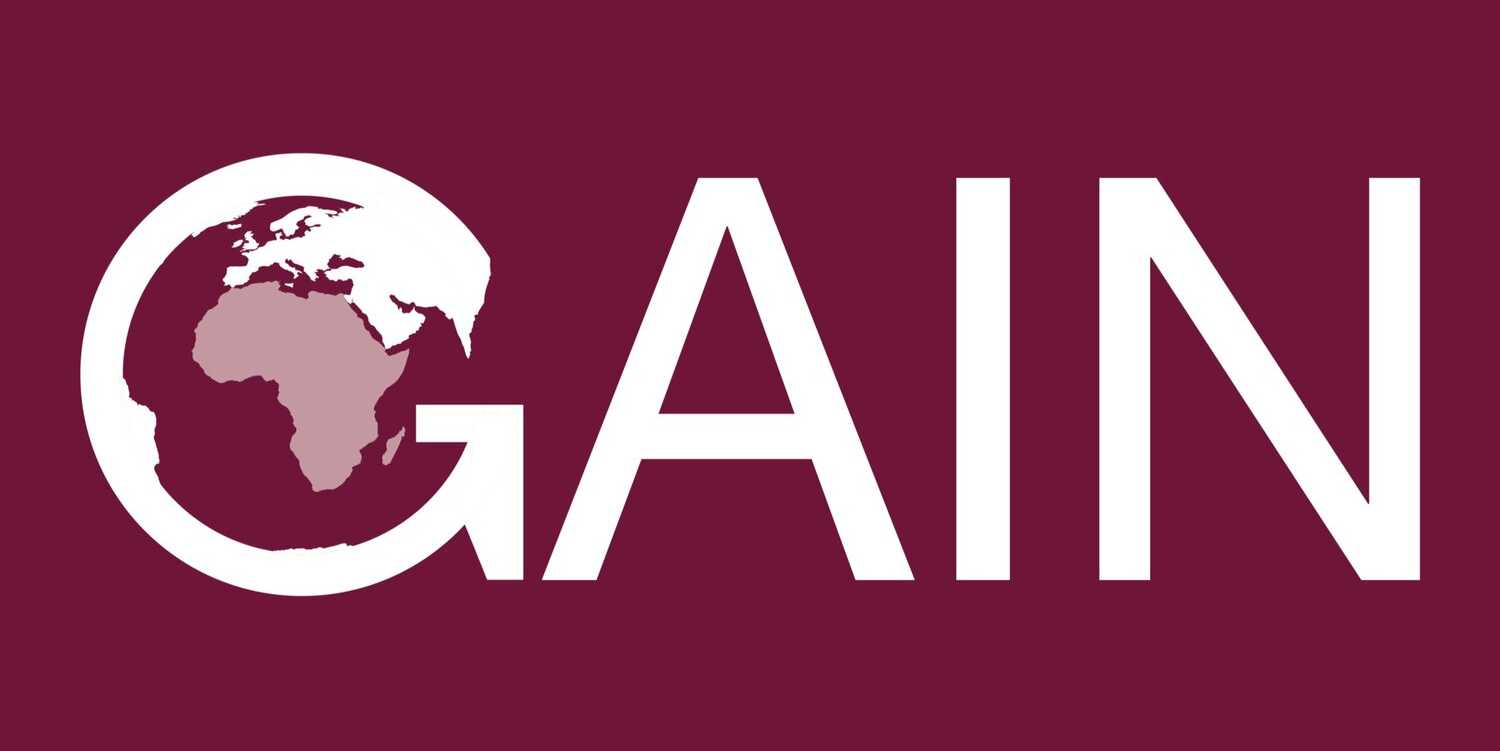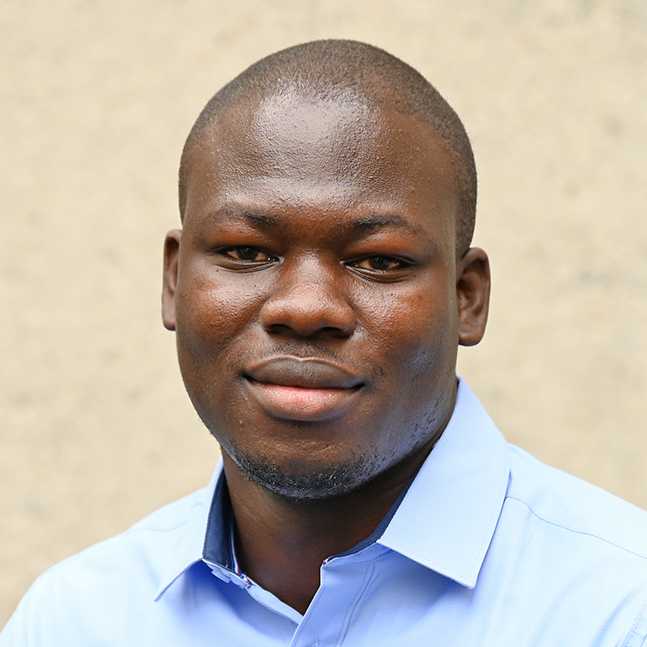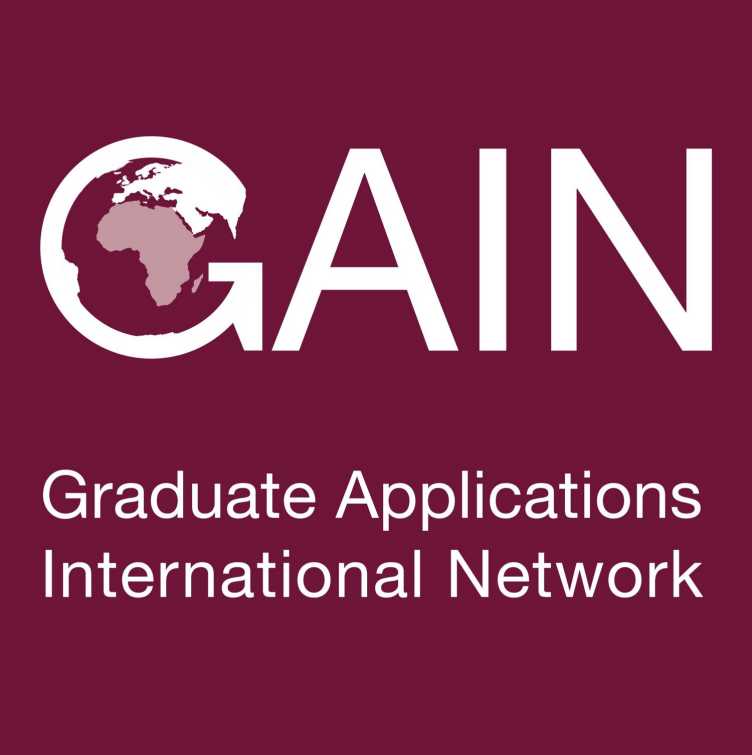GAIN: Increasing representation of African students
GAIN supports African students in applying for high level universities. We spoke to Frank Otieno Odhiambo, co-founder of the network and PhD student in Development Economics at the ETH Development Economics Group and NADEL, about the hurdles African students face, the idea behind the programme, and its achievements to date.

Frank, you are co-founder of the Graduate Applications International Network (GAIN). What is the idea behind this program?

Frank Otieno Odhiambo: African scholars are under-represented in economics and other social sciences. A large proportion of research that is done in or focuses on Africa is conducted by non-African scholars. We co-founded the GAIN network to address this. GAIN supports African students with their applications for globally outstanding social science programs. As a result, more African students can access world class training which they can transfer to future African generations. Second, African scholars can also make their voices heard through science and participate in shaping the conversation on the socio-economic development of the continent.
“It may take a household several years to save money for just one child’s application.”Frank Otieno Odhiambo
What are the hurdles for students from Africa in academia?
For many African students becoming a top researcher remains a significant challenge since most of the top research universities are outside of the continent. One of the challenges is the lack of information on what it actually takes to be admitted. Another significant hurdle is financing. For context, a typical student spends about $1,000 applying for about 10 programs, yet the average monthly income for households in many countries is below $500. It may take a household several years to save money for just one child’s application.
Who can apply for the program and how exactly does GAIN support the program participants?
The program is open to students from any African country. They should have interest to apply to masters and doctoral programs and be in the top 20% of their class. We offer webinars where we invite speakers from various admission committees to offer tips on what makes a successful application. We then assign each student to a researcher from a university who offers one-on-one mentorship. This way, each student receives individualized feedback on their application materials. We also provide financial assistance in the form of application fees for 10 programs and pay for their language test fees. In a few cases, we have supported applicants with travel costs if they need to take tests in distant locations.
Are there already success stories that you can share with us?
The program has grown rapidly from under 20 participants in 2020 to about 170 in 2022. To date, 40 students have been accepted into MA or PhD programs including ETH Zurich, University of Geneva, Harvard University, University of Michigan, and London School of Economics. All of this success is not possible without all of the amazing volunteers who offer their time to support the GAIN initiative and the mentors who dedicate many hour reading student materials and offering advice to the applicants.
“I see global research collaboration as an important next step to increase representation of African scholars”Frank Otieno Odhiambo
What could be next steps to increase representation of African scholars?
Outside of GAIN, I see global research collaboration as an important next step to increase representation of African scholars in economics and social sciences and academia in general. Collaboration – besides its potential to increase the number of Africans represented in academia – also provides an opportunity for skills transfer which has positive externalities for the research space in Africa.

Applications for the 4th cohort are now open!
More information can be found on the external page GAIN website.